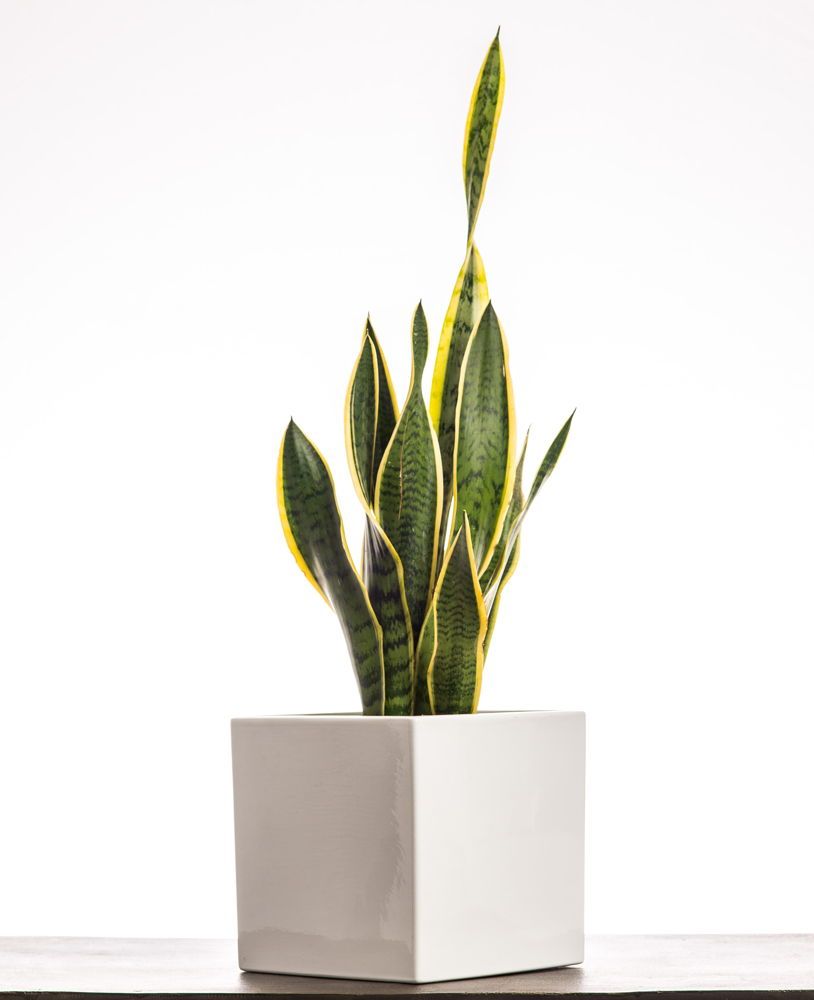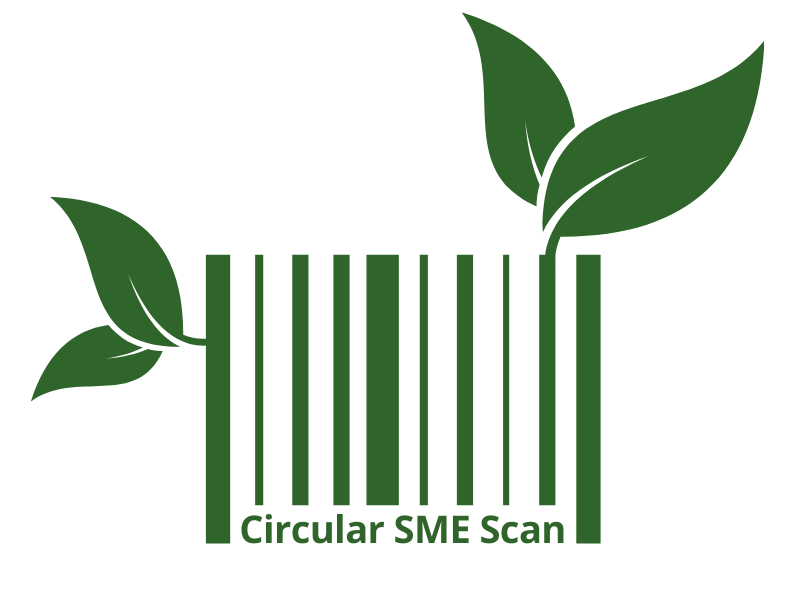What is the Circular Economy?




Economy literally means “household management” and comes from the Greek words oikos, meaning “house” and nomos which means “custom” or “law”. Economics is the social science that studies the factors which determine the production, distribution and consumption of goods and services. The ultimate goal of economics is to improve the living conditions of people in their everyday life.


A circular economy
is an economic system of closed cycles in which raw materials, components and products lose their value as little as possible, renewable energy sources are used and systems thinking is the key.


But how does a circular economy differs from a sustainable economy?
An ideal and sustainable economy is one which provides for the greatest amount of general well-being with the least amount of resource use and environmental harm. In economic terms, to be truly sustainable, the overall demand for natural resources (also known as ecological footprint) must be less than the nature’s renewable supply of resources (also known as biocapacity). This means that circularity contributes to a more sustainable world, but not all sustainability initiatives contribute to circularity. Circularity focuses on the cycles of raw materials, while sustainability has a broader scope covering people, the planet and the economy.

